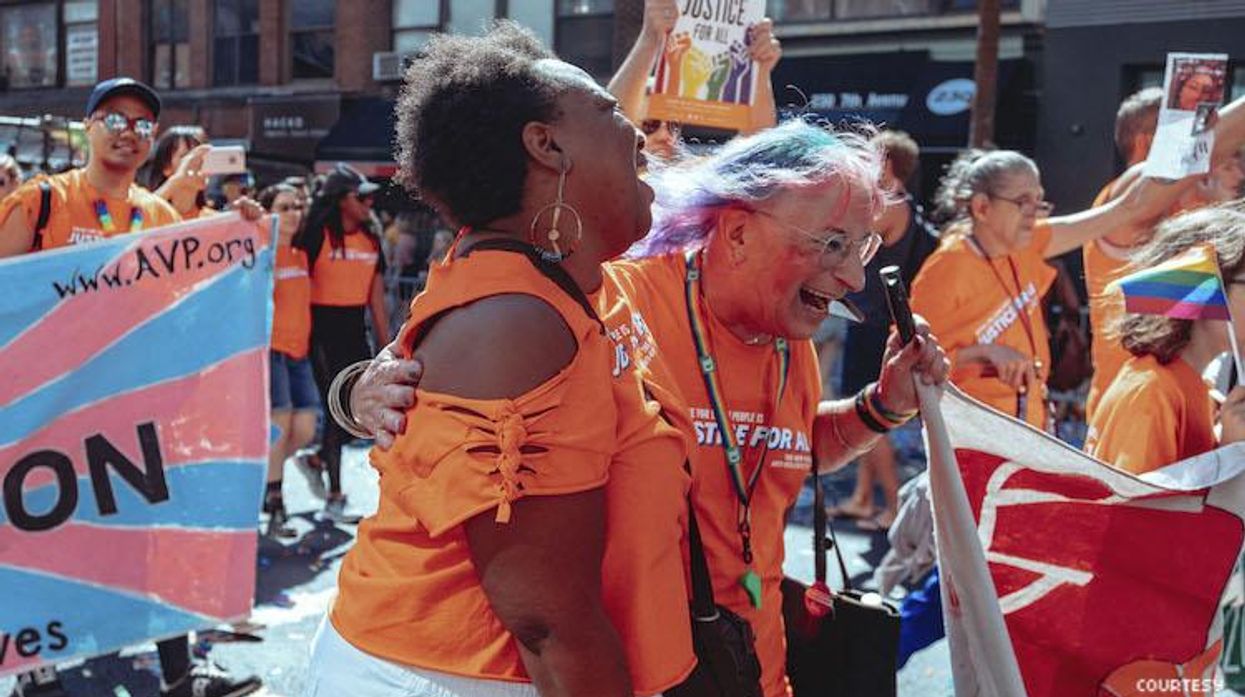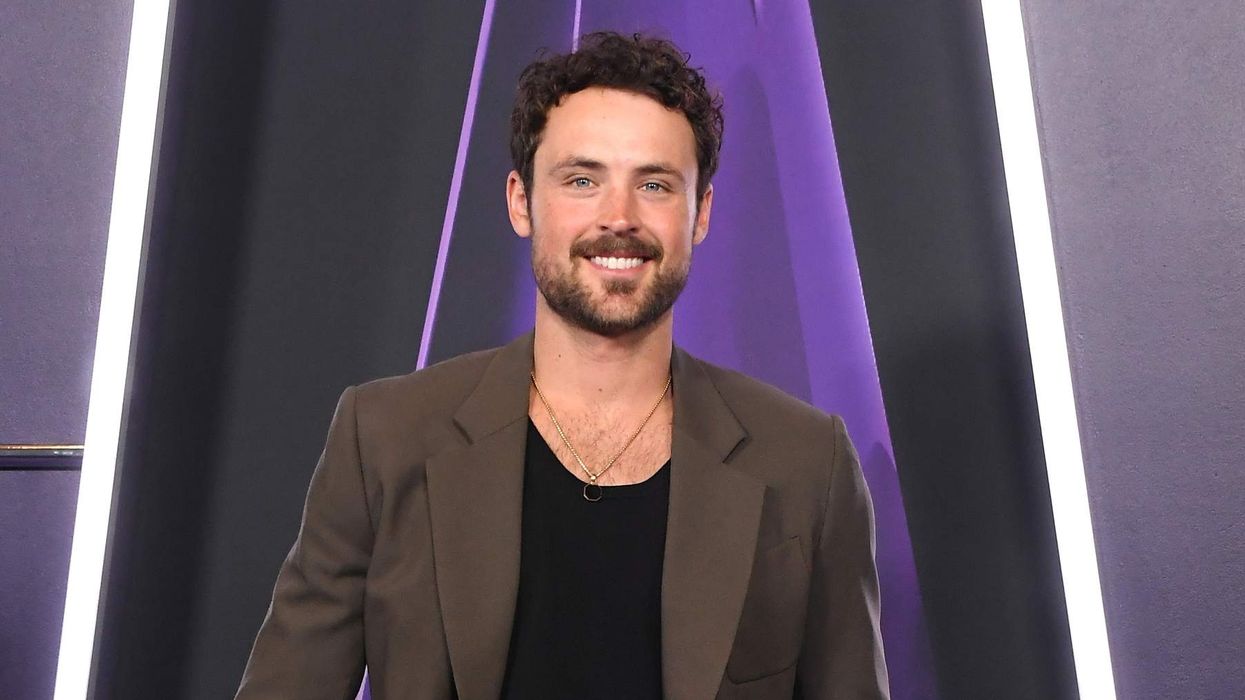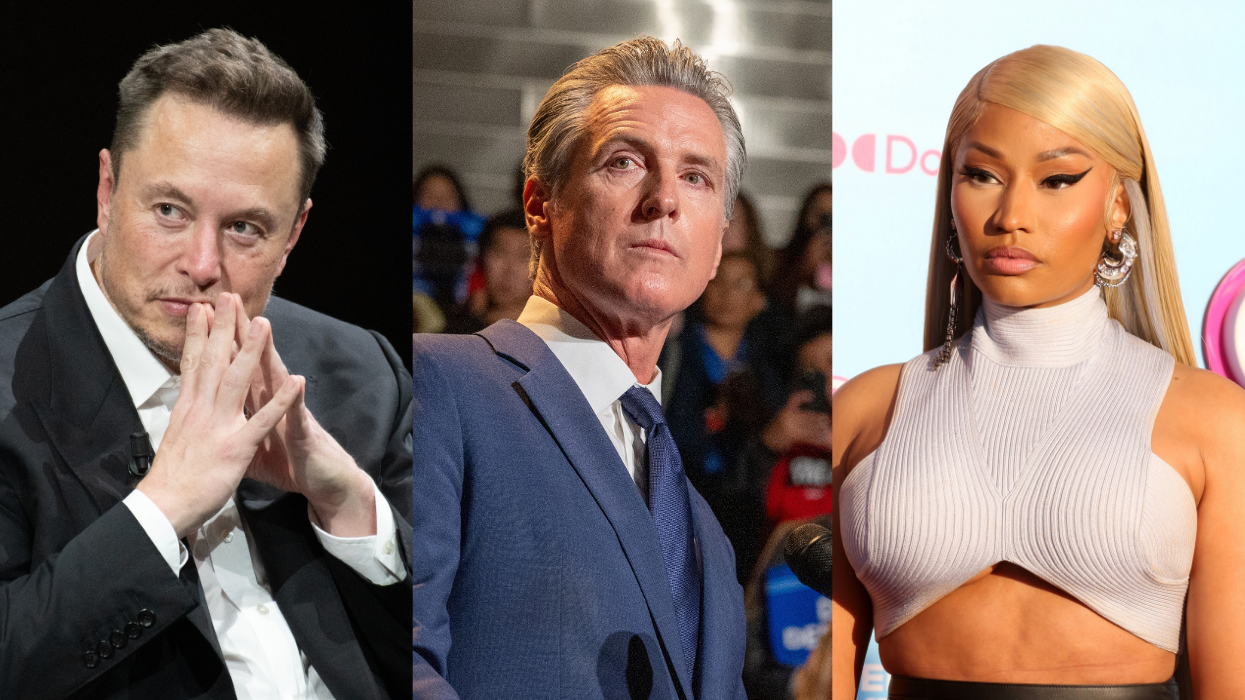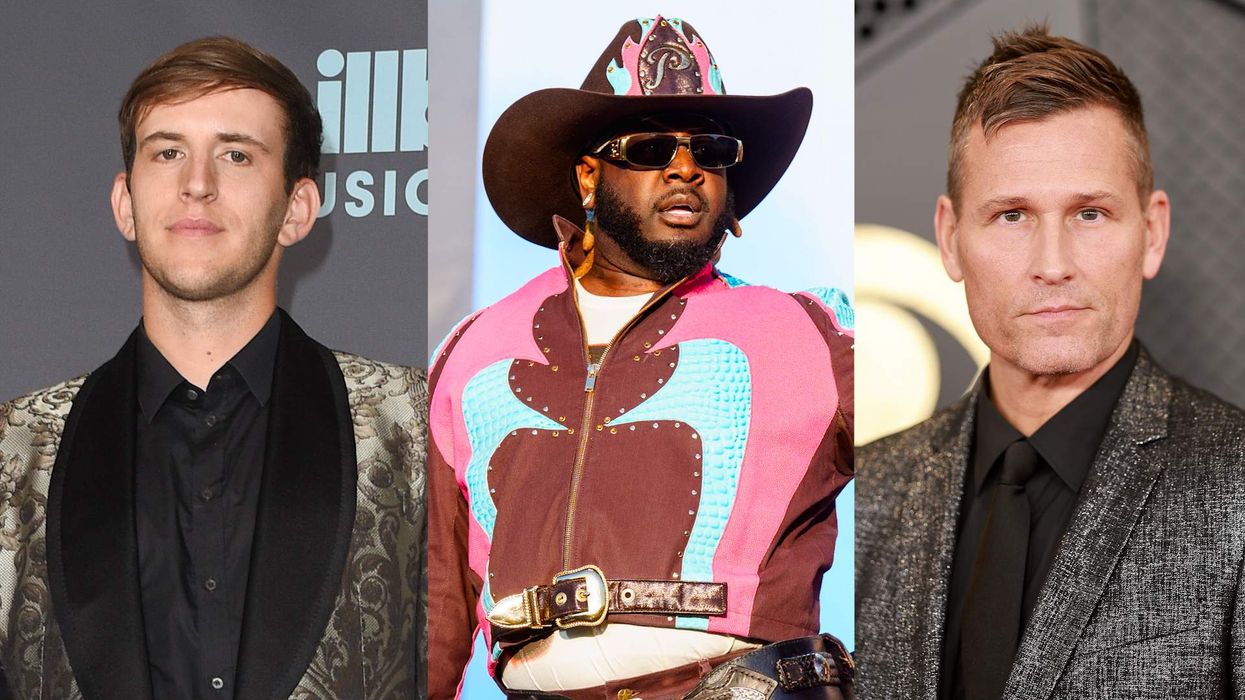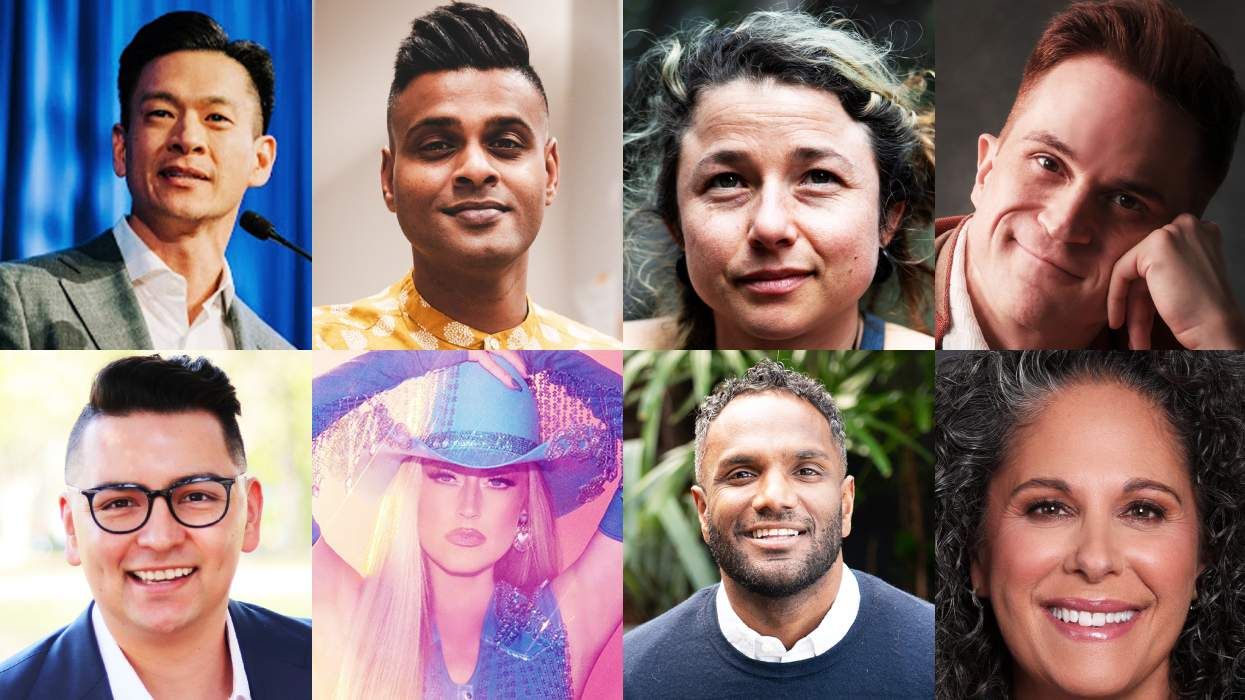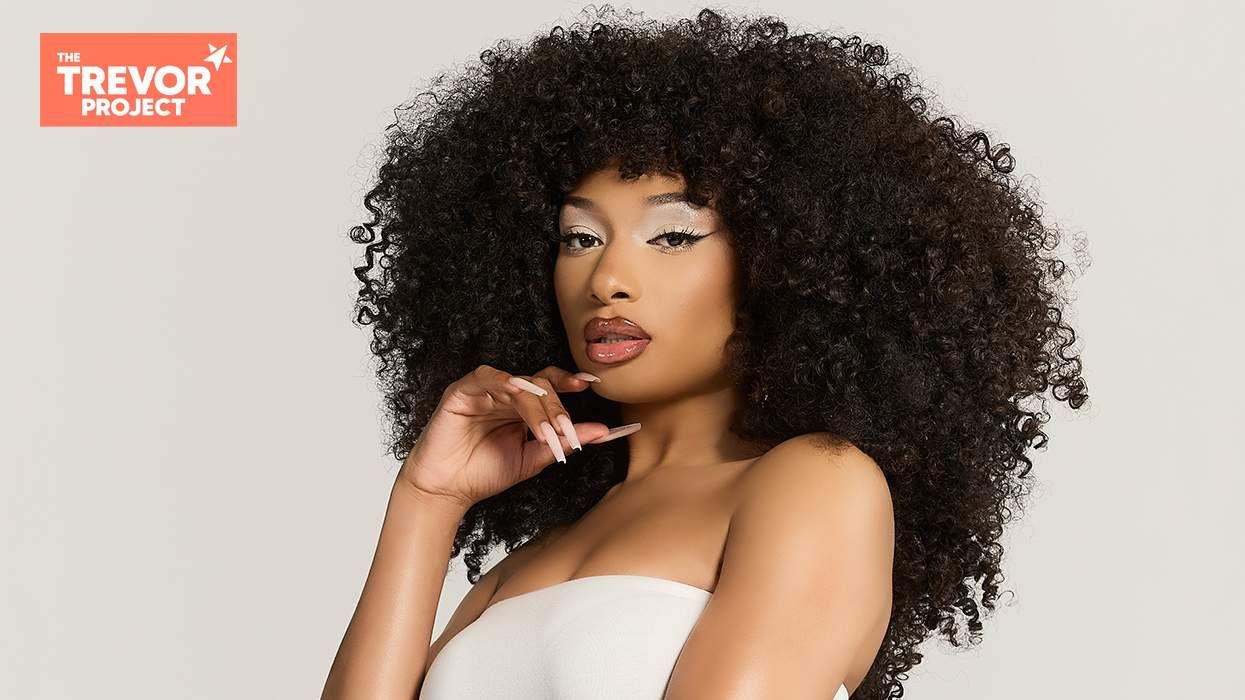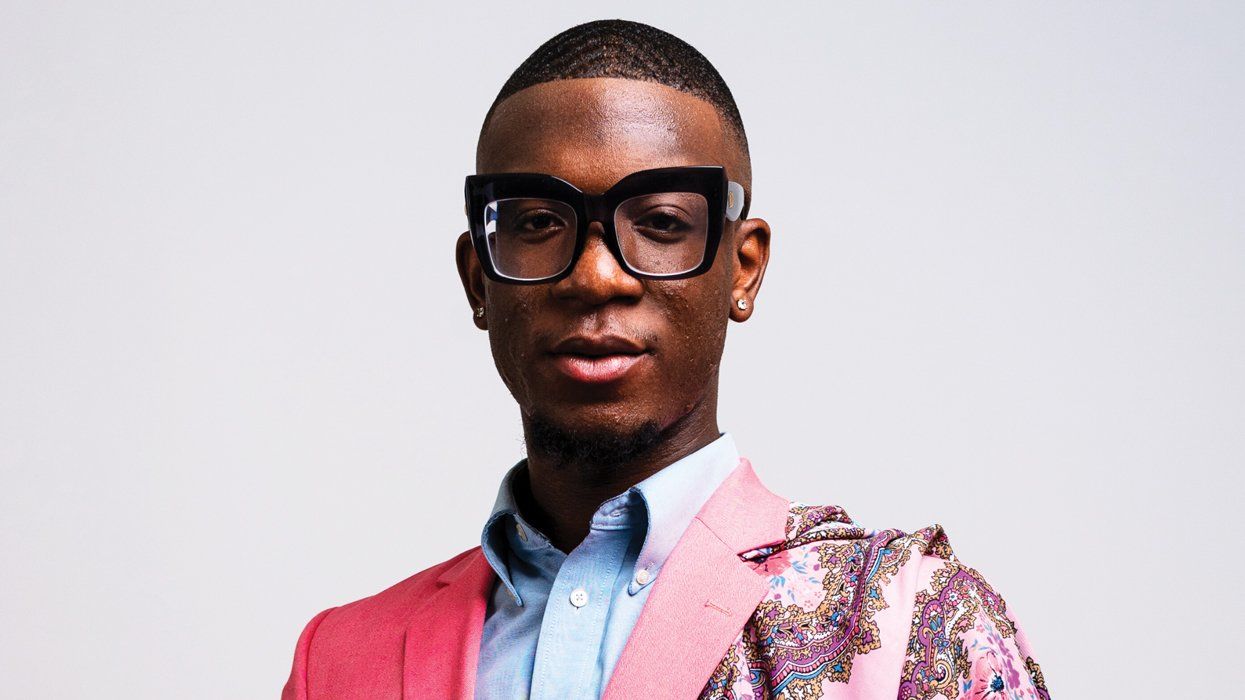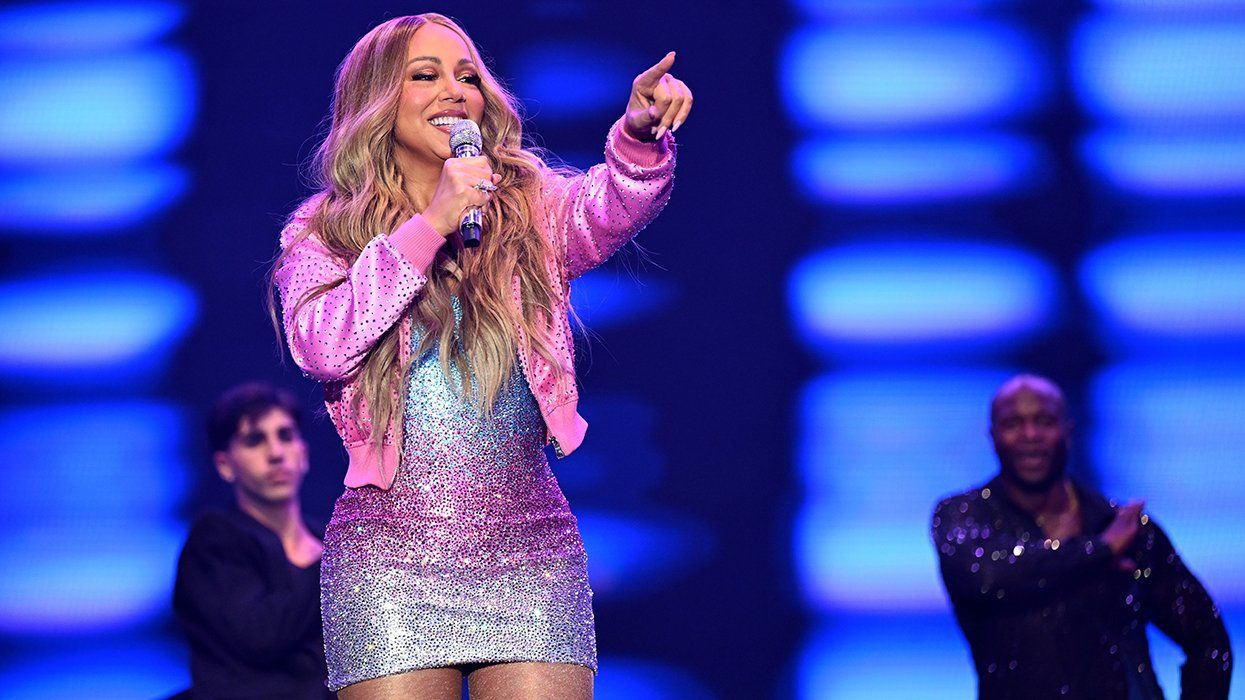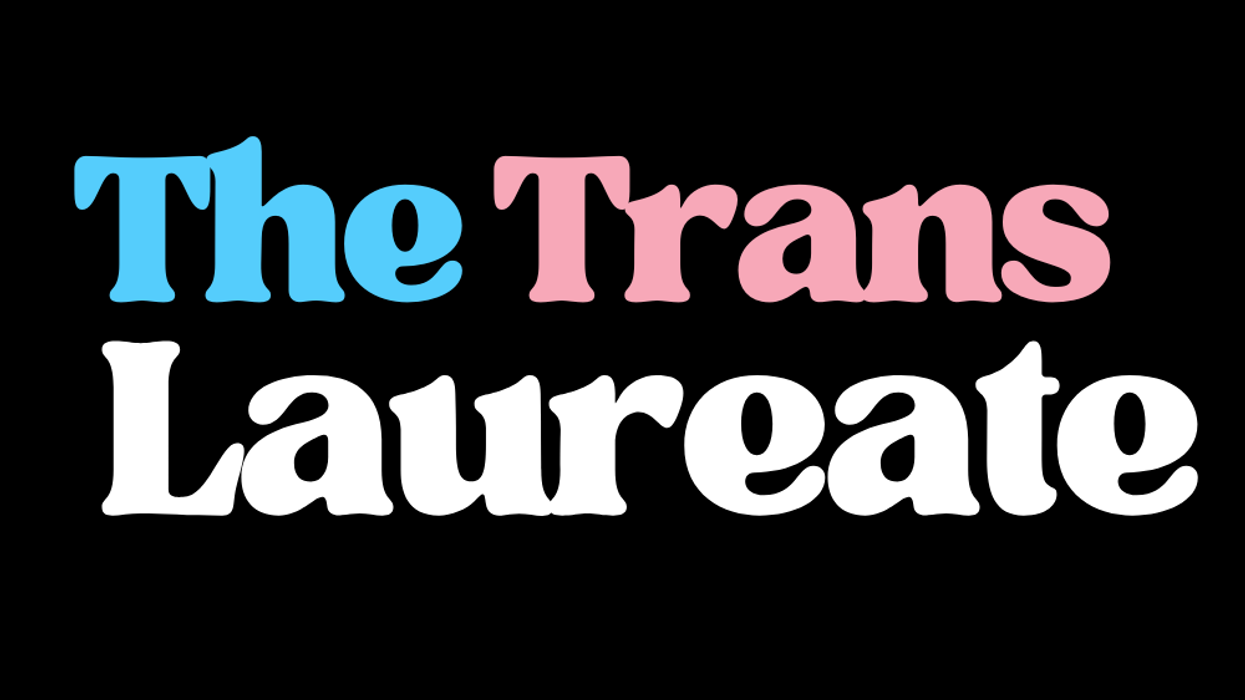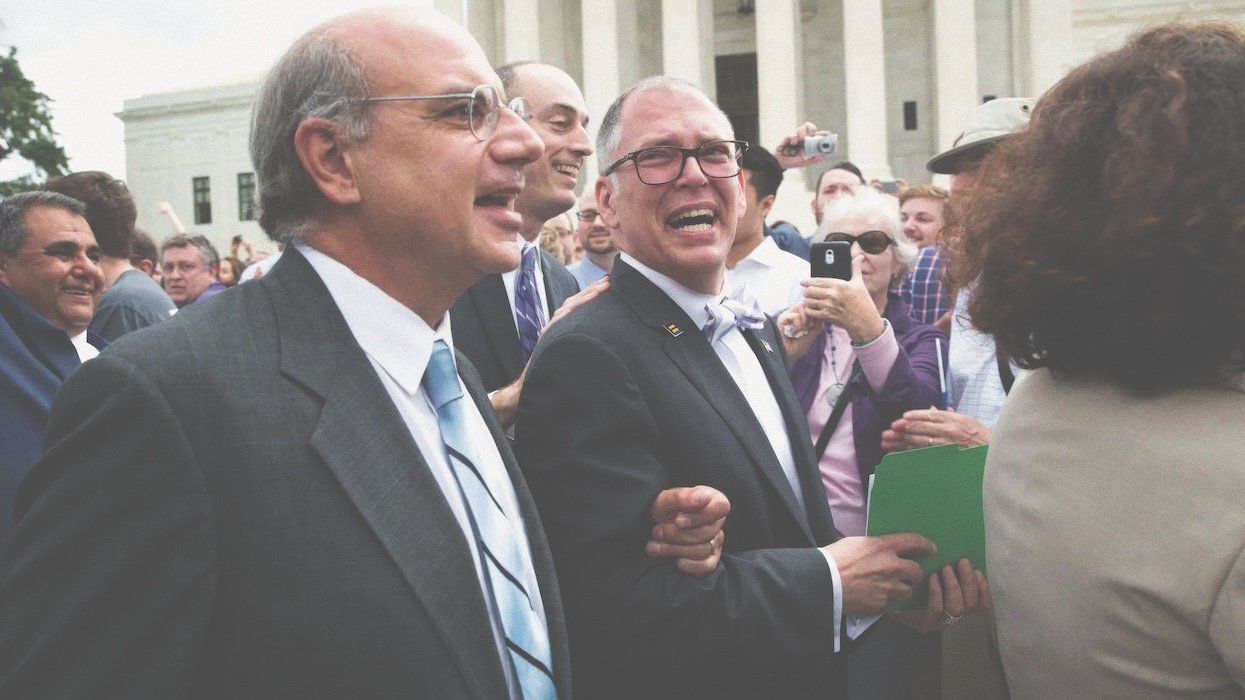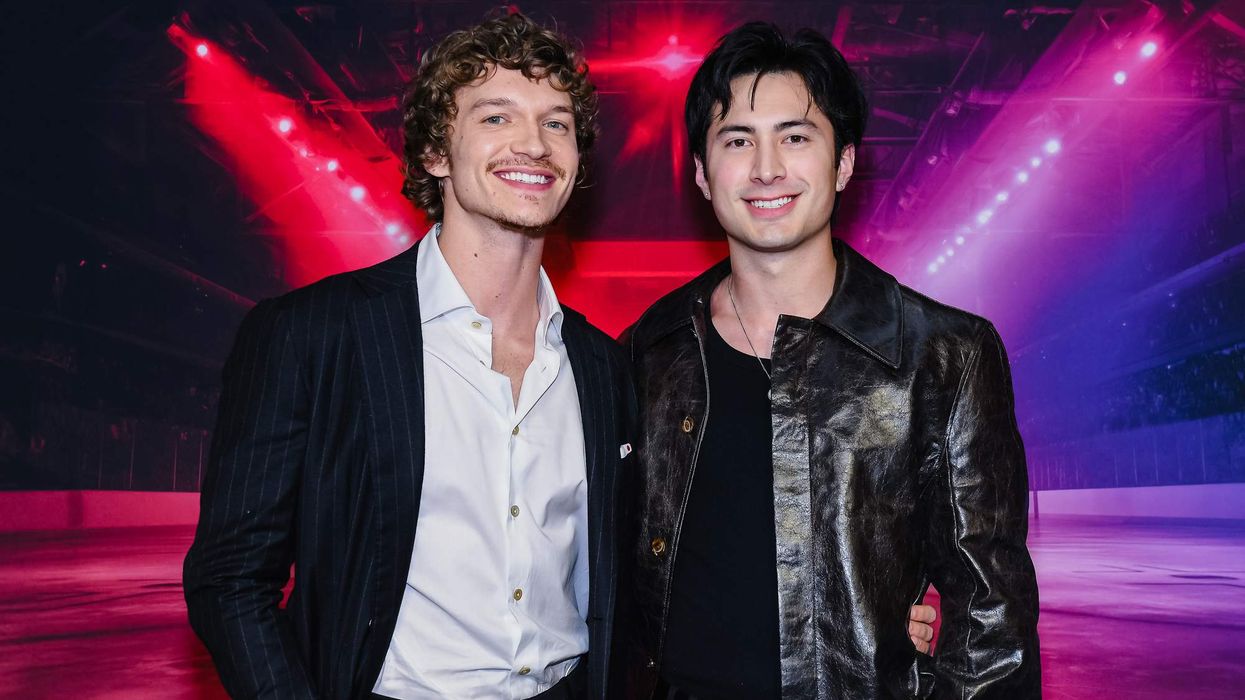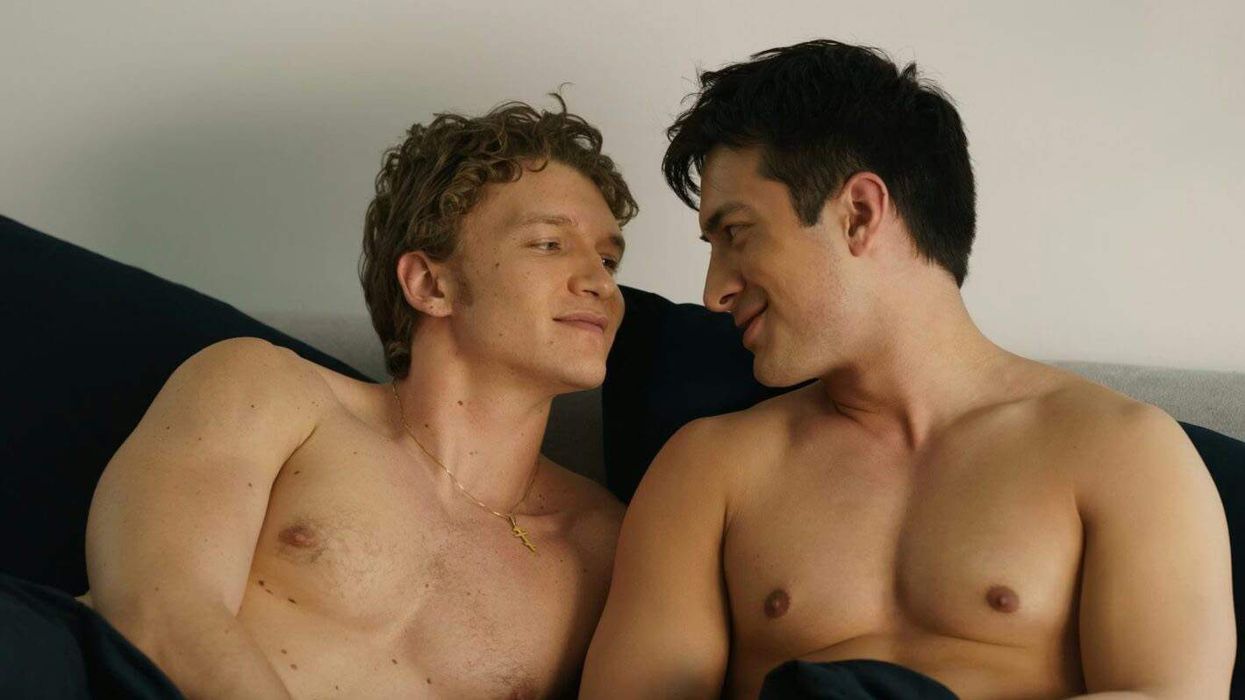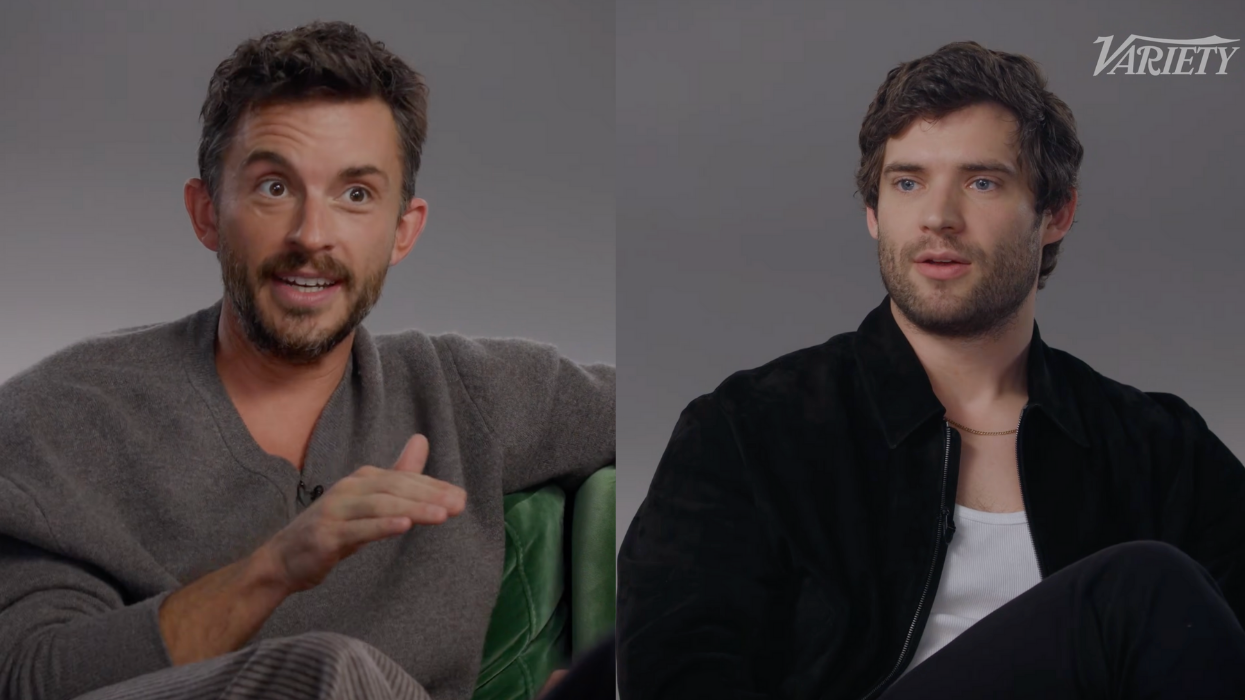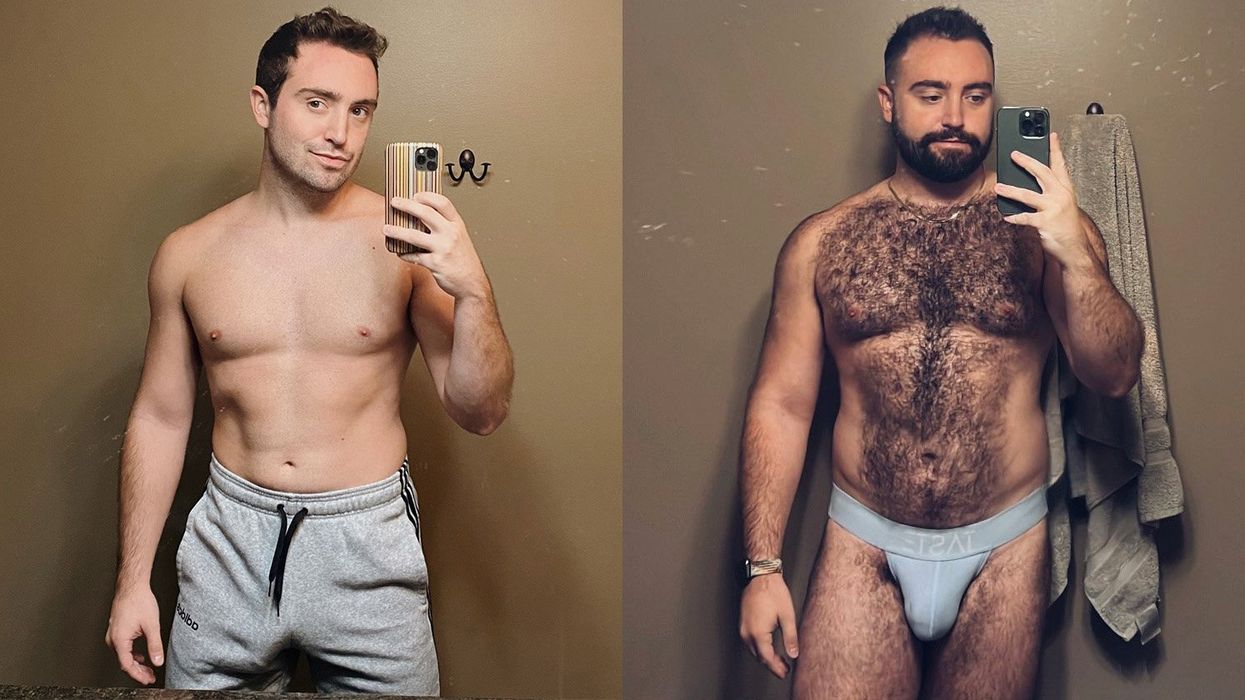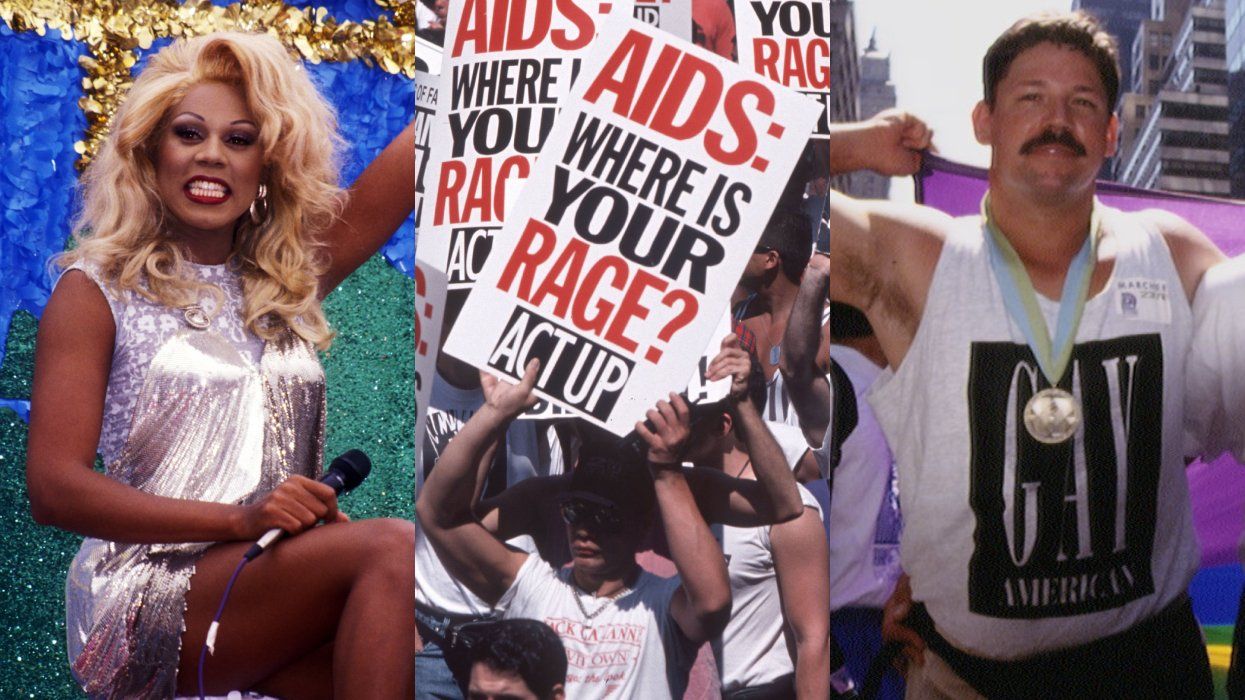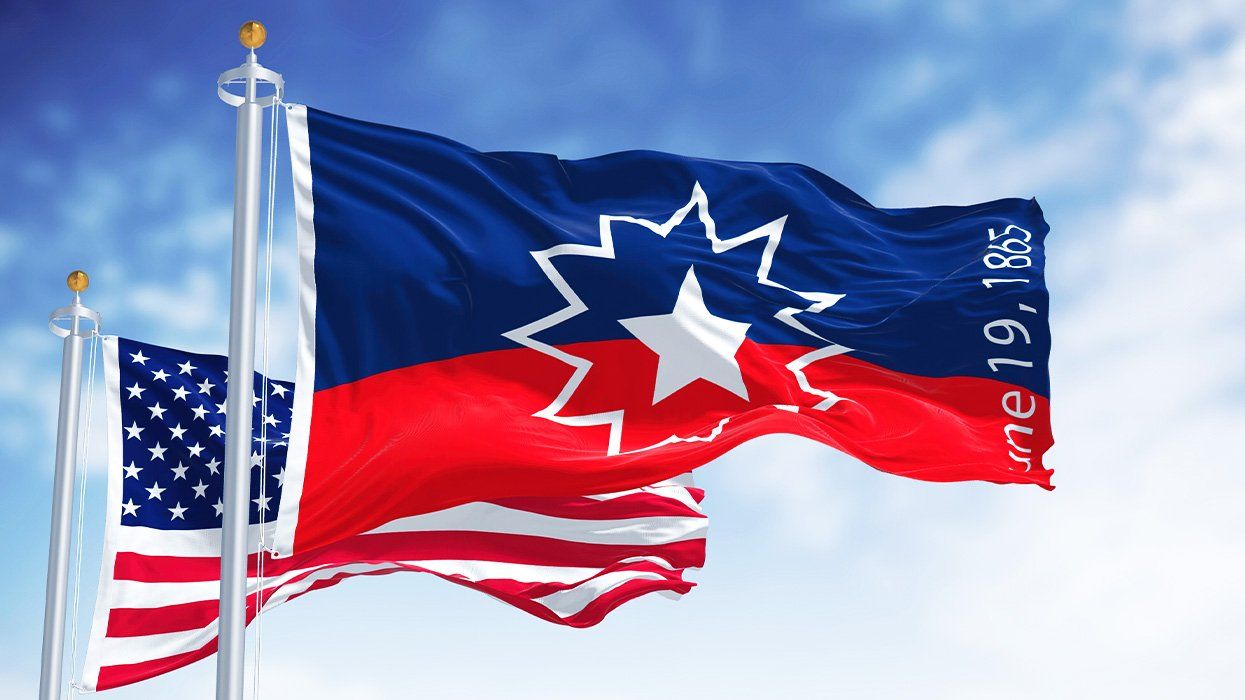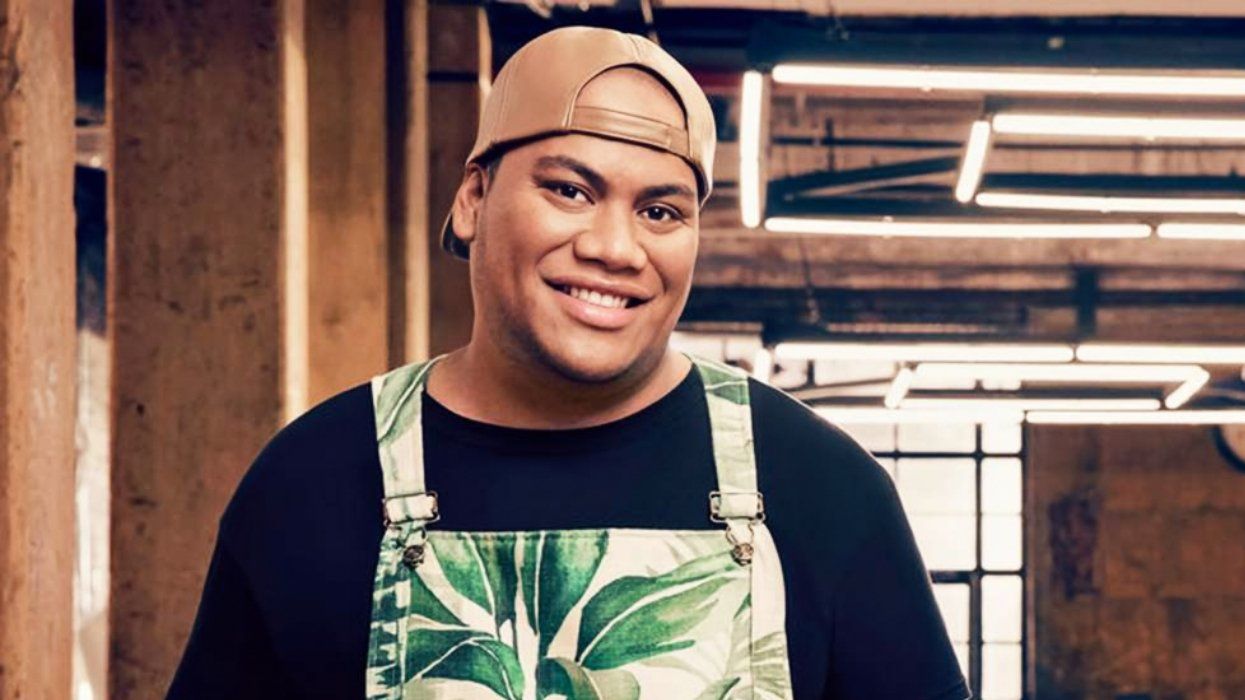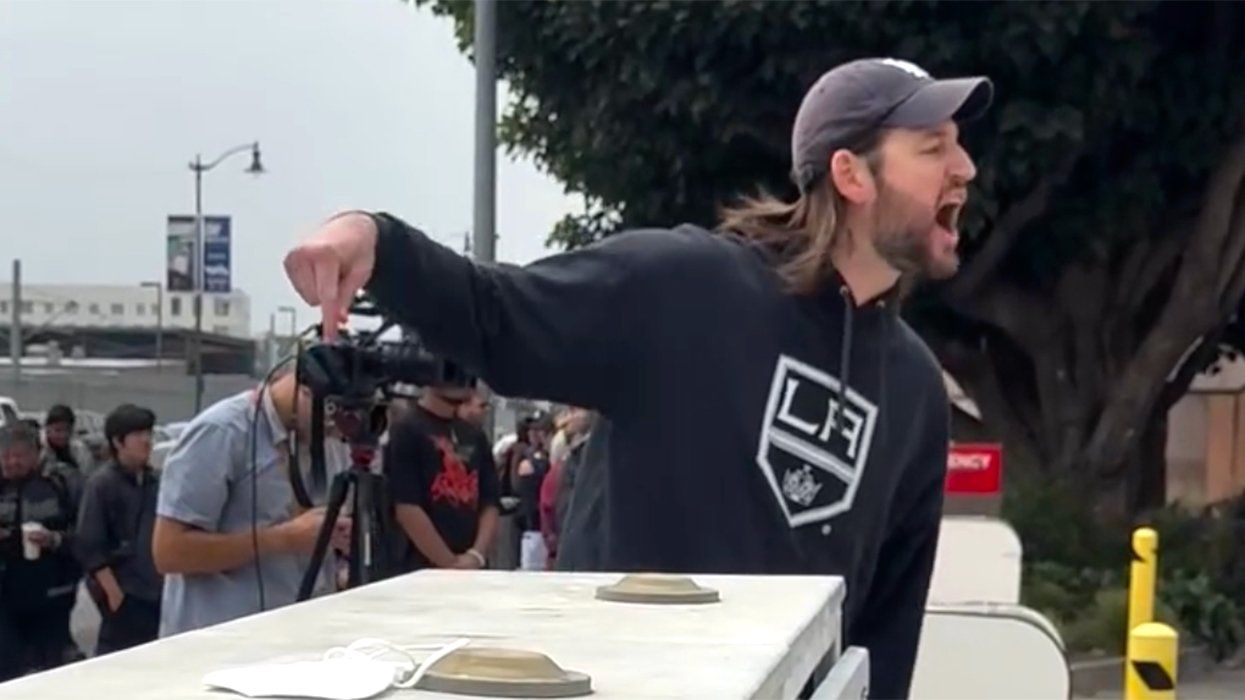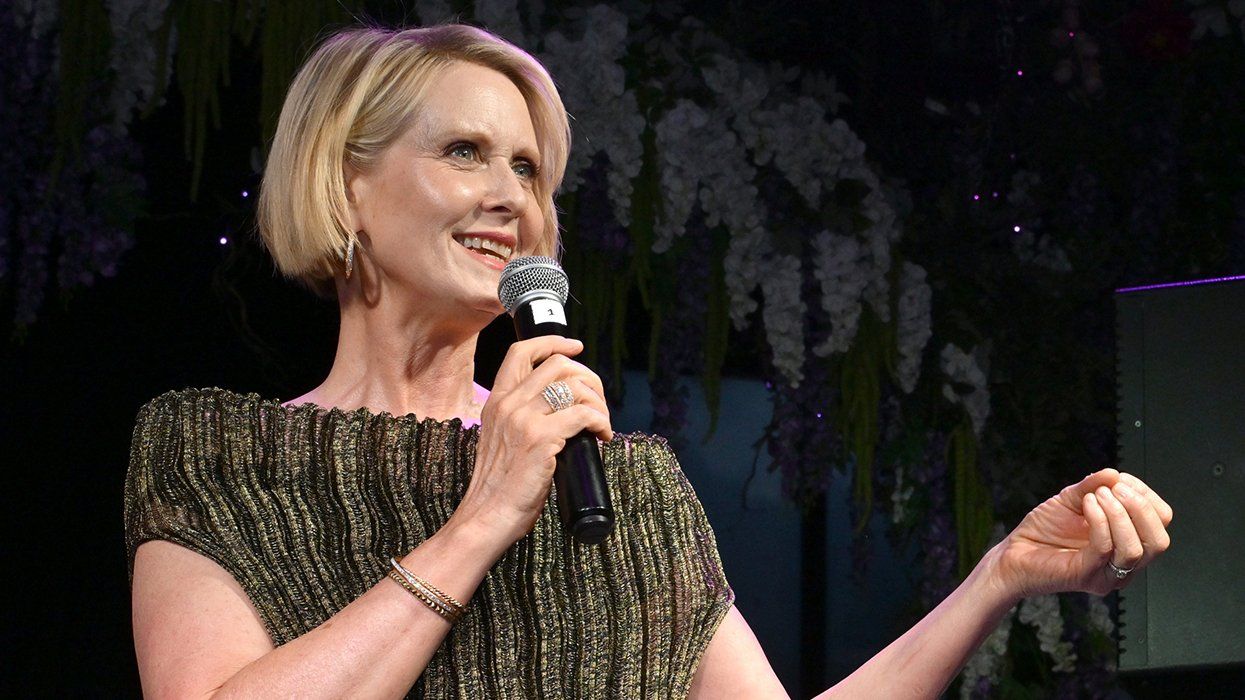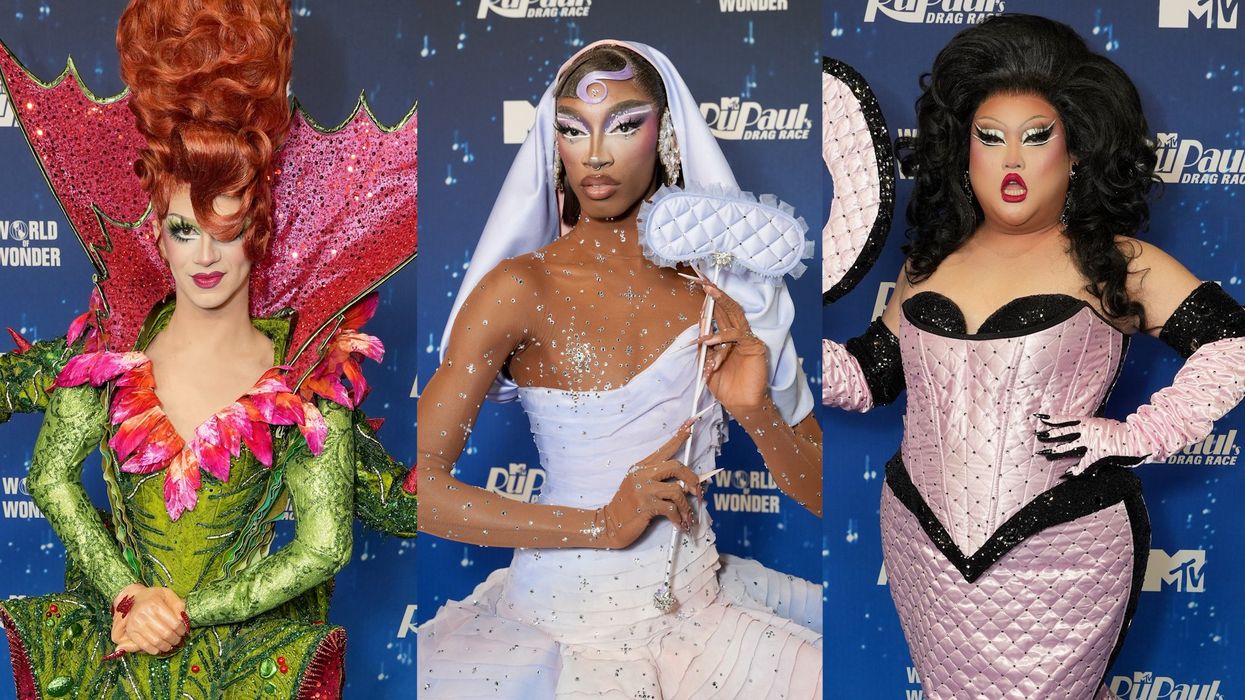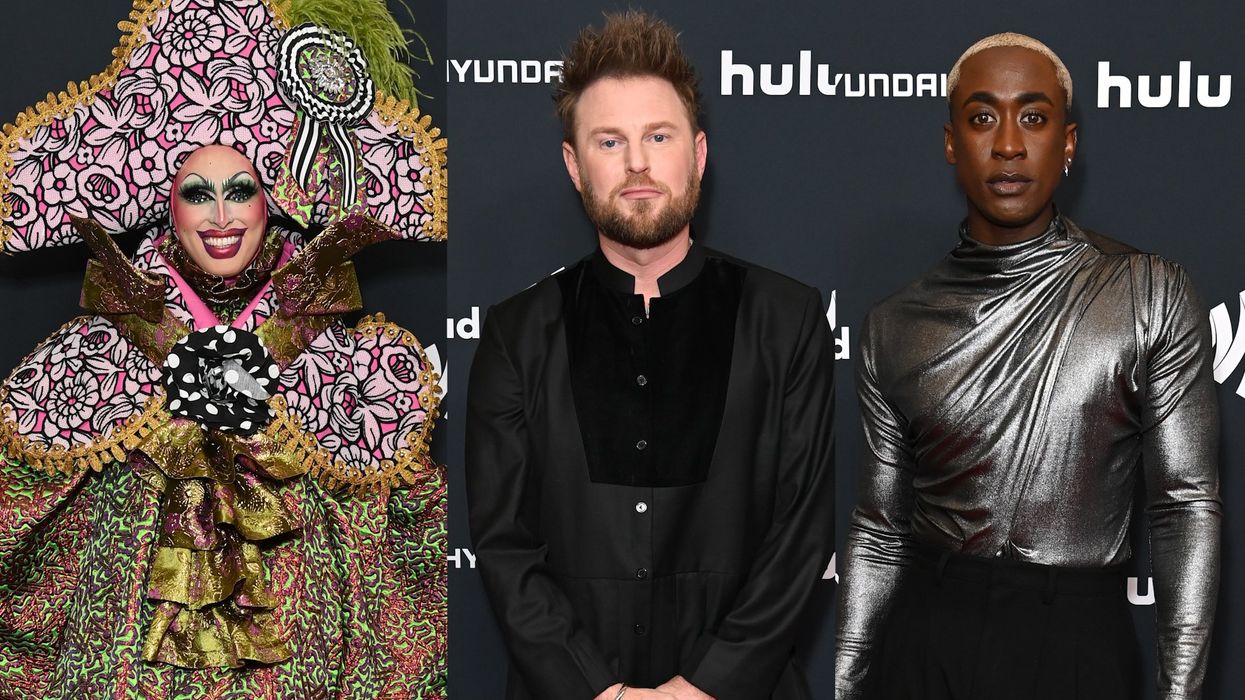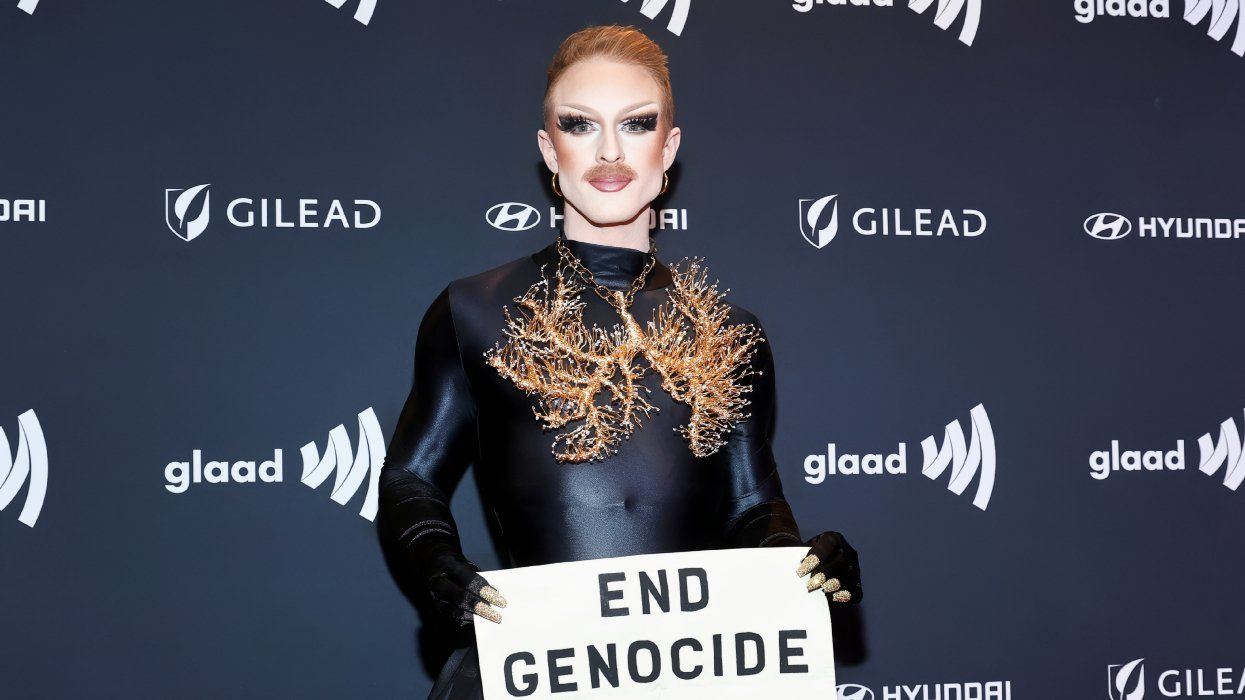Recently, Twitter and Square CEO Jack Dorsey pledged to give a whopping $1 billion to charity. Under a banner titled #StartSmall, the tech businessman hopes to lead by example when it comes to billionaires redistributing their wealth. A few weeks ago The Okra Project was among the recipients, being awarded a $75,000 grant. Last week, the Anti-Violence Project, which is the largest anti-LGBTQ+ violence organization in the country, received its largest gift ever when Dorsey awarded them with $1.75 million. They have earmarked that money for expanding their crisis intervention hotline and keep up their work with undocumented LGBTQ+ immigrants.
Here, we talk to the organization's executive director Beverly Tillery about the work they do, its importance in this moment, and how others can help.
How are you feeling right now?
This is no simple question these days. Between the pandemic and three months of sheltering in place, the constant murders and dehumanization of Black people, including Black trans women, in this country by police and others, the beautiful and powerful uprisings and sustained organizing across the country for systemic change, and the economic depression, my emotions are constantly in flux I am stir crazy, enraged, hopeful, determined, energized, worried, and exhausted, all at once.
In this moment, when AVP has received the largest gift in our history, I feel grateful that the work of AVP is being seen and valued and that we have been trusted to build on what AVP's founders created 40 years ago. I am honored to be able to vision and build new models of safety for LGBTQ people in this country, alongside the amazing team that we have at AVP. I know that there is a lot more to do to ensure that LGBTQ people are truly safe, so I feel determined to do everything I can to help bring about the long term change that is long overdue.
What called you personally to activism?
As a young girl, I always saw and wanted to change things that I perceived to be unfair and unjust. I became an activist when I attended a private boarding school and started working with other students of color to make sure the school was proactive about recruiting and admitting other students of color. In college, I was inspired by the anti-apartheid movement and students and young people in South Africa who were putting their lives on the line to demand an end to their second class citizenship. When I started organizing, it was around racial and economic justice issues in low-income communities of color, my communities, and I have been able to work on issues that directly and indirectly affect my own life including workers' rights, gender equity, and LGBTQ liberation.
Can you tell me about the work you do at AVP?
At AVP, we work to address and end all forms of violence that impact the LGBTQ and HIV-affected communities. We do this by supporting survivors and organizing to change the conditions that lead to violence in the first place. We run a 24-hour, bilingual (English/Spanish) hotline where people can report violence and where survivors can get immediate, crisis intervention support. We offer free short-term counseling services for LGBTQ and HIV-affected survivors of violence as well as free legal services. And we bring together survivors and allies to work toward systemic change.
AVP offers educational and leadership development programs for our community and we train service providers to ensure that they are providing affirming services to our community. In all of this, we prioritize supporting and working with those members of our community who are most impacted by violence -- people of color, transgender and gender non-conforming and non-binary people, immigrants and low-income community members.
AVP also coordinates the National Coalition of Anti-Violence Programs (NCAVP). This is a network of close to fifty organizations that come together to document the violence that affects our community, develop and promote best practices for supporting LGBTQ survivors of violence and advocating for policy changes. NCAVP publishes national reports on hate violence and intimate partner violence in the LGBTQ community.
Given this historic moment, what does that look like in the types of projects you are addressing right now?
Over the last few years, AVP has moved to an approach to end violence that focuses on prevention, decriminalization, and decarceration. As a result, we have focused a lot on the violence against transgender people, especially the murders of Black trans women and trans women of color. We have worked with trans community members to develop a policy and organizing platform that includes working toward improving safety by increasing access to employment and education, ending criminalization and police violence, and improving health care for TGNC people.
We have been working to stop the way trans women of color, along with other marginalized communities, are criminalized and disproportionately incarcerated by fighting for bail reform and to decriminalize sex work. We continue to support and work to seek justice for Layleen Polanco, a Black Latinx trans woman who died in Rikers Island last year while left in solitary confinement despite the fact that she was known to have epilepsy. We also have developed and run a TGNC leadership Academy that supports the leadership advancement of TGNC leaders in New York City with training and paid internships.
AVP has been working with Communities United for Police Reform (CPR) on a #DefundNYPD campaign. This effort which is gaining public and political support would reallocate $1 billion this year from the NYPD toward critical human services that actually keep our communities safe. AVP is also leading efforts to prevent hate violence in New York City, working with a cross-community coalition working to build community-based solutions to ending the hate violence that do not rely on the police and the criminal legal system.
Is there something in this moment that people are forgetting about or in need of addressing?
I appreciate that people are paying attention to the ways our issues and identities are overlapping and that those of us who care about social change and liberation need to show up for each other. Your issues are my issues.
In terms of our work to end anti-Black racism, police violence, and all forms of violence, one thing we are not yet talking about is that we ultimately have to re-imagine what justice looks like in our society. We haven't yet grappled with the fact that our demands for justice from a racist criminal legal system so far have been reliant on that very same system to dispense justice on our behalf. I understand the call for the prosecution and imprisonment of police who kill unarmed Black men because for hundreds of years, these homicides have been ignored or excused. At AVP, we sit with survivors and families who are in pain and want some kind of justice. While we support survivors' self-determination in defining what justice is for them, we also know that there are very few alternatives to choose from right now. The criminal legal system is inherently violent, so in order for us to end violence, we have to develop new models of justice that are more about accountability and less about punishment, and that utilize restorative and transformative justice practices. I believe we can re-imagine what justice looks like and provide what survivors need to heal.
What does grant from Jack Dorsey's organization mean for you all?
This gift from Jack Dorsey could not have come at a better time for AVP and a more pivotal time for our movement. First, this grant gives us some much-needed stability and flexibility in unstable times. Like all of our sister organizations, AVP and the communities we serve and work with will continue to be impacted by pandemic and the recession for a long time to come. The pandemic has exacerbated the ways LGBTQ people, especially those most marginalized are regularly subjected to violence and discrimination. The needs of survivors have intensified at the same time affirming resources have become even more scarce than usual.
At AVP, some of our regular funding is uncertain. We have canceled or postponed our in-person fundraising events and some 40th-anniversary celebrations until we can more safely gather large groups of people. We are uncertain whether some of the government funding we usually rely on will continue this year because of city and state budget deficits.
This time has made it brutally clear that our work needs to be more digital and more accessible. With this gift, we can meet more of the increased needs of this moment and we can start to achieve our goal of expanding our hotline and using more advanced technology. This will make AVP's life-saving services more available to current and future generations of survivors when they need it, in the ways, they feel most comfortable. We will add text and chat features to our hotline, increase our call capacity, and explore additional technology upgrades to better connect LGBTQ and HIV-affected survivors of violence to crisis intervention resources and organizing efforts to address and end the root causes of violence.
The grant will also help us strengthen our work with undocumented immigrants. We will continue to provide legal services, assist immigrant survivors who have urgent, basic needs, and provide them with trauma-informed counseling and support.
Outside of giving money to your organization what is one thing people can do right now to assist in the work you're doing?
Ask other people to give to AVP! No really, there are so many ways people can get involved. Consider becoming a volunteer or getting involved in the organizing work of AVP or any other organization that is doing work you feel passionate about. Educate yourself about the issues and be in conversation and community with others who care about the things you care about. Financially and otherwise, support organizations that are led by and for people of color, trans and gender-nonconforming people of color, and women of color. Lastly, please consider exercising your right to vote this election season.
RELATED | The Okra Project Is Doing Essential Work For Black Trans Folks


